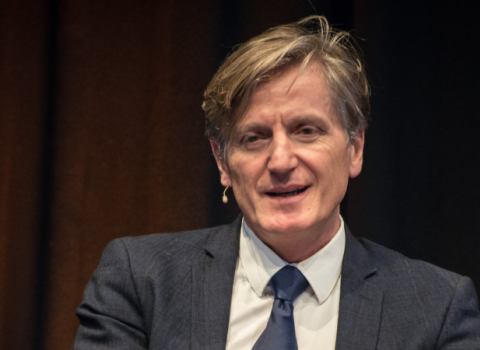After months of lobbying, the Hungarian capital was chosen as headquarters for the European Institute of Technology and Innovation.

With a show of hands, the 27 European research ministers supported the Hungarian capital's bid at a specially convened meeting on Wednesday (June 18).
They failed to reach the agreement last month because Poland opposed the generally accepted choice of Budapest.
However, Poland was forced to give way after ministers agreed on a Slovenian presidency proposal to base the final decision on a 2003 agreement between EU leaders, giving priority for the new member states which do not already host a site or an EU agency.
Poland already hosts Frontex, the EU border security agency, so the choice of Budapest was hard to oppose.
"I'm very glad that we were able to take the decision as each day without the EIT seat is a day wasted," said Slovenian Minister for Higher Education, Science and Technology Mojca Kucler Dolina, who was chairing Wednesday's meeting. The decision represents the final step in deciding on the establishment of the EIT, and will enable it to start its work without further delays, the minister said.
The Commission presented the list of members it plans to nominate to the EIT Governing Board last week. The official nomination should take place in early July.
Once the Governing Board is established, it needs to select and designate two or three Knowledge and Innovation Communities (KICs) by the end of 2009.
KICs will bring together departments of universities, companies and research institutes to form integrated partnerships designed to perform education and innovation activities in inter-disciplinary strategic areas, such as climate change, renewable energy and the next generation of information and communication technologies.
The EIT, brainchild of European Commission President Jose Manuel Barroso, was mooted in 2006. Initially the plan was to build an institute similar to the Massachusetts Institute of Technology, with a large campus. However, that had to be scaled back amid opposition from many member states of the EU, and after only a lukewarm reaction from industry.





 A unique international forum for public research organisations and companies to connect their external engagement with strategic interests around their R&D system.
A unique international forum for public research organisations and companies to connect their external engagement with strategic interests around their R&D system.